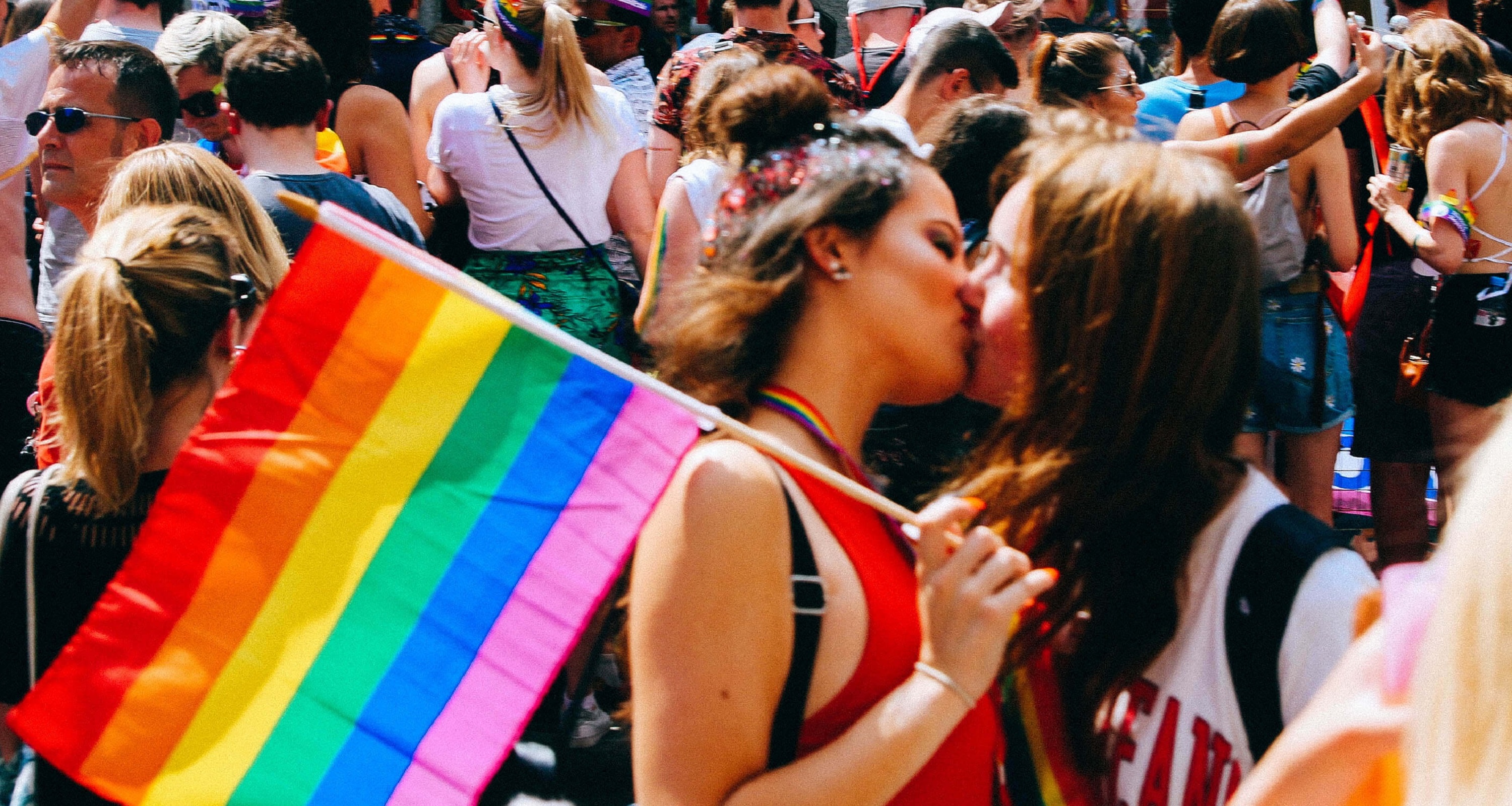Editor’s letter: ‘Protest or party, Pride remains as important as ever’
Attitude Editor-in-Chief Cliff Joannou reflects on LGBTQ equality as the English capital gears up for the much-delayed return of Pride In London

Words: Cliff Joannou
My first experience of Pride was driving through Clapham, south London, as thousands of gay, lesbian, bisexual and trans people flooded the Common for what was then the event’s 25th-anniversary celebration.
It was a starkly different Britain. Tony Blair had just been voted into office as Prime Minister and the UK was riding a wave of optimism after the grey Tory years that left us in the long shadow of Thatcher’s Section 28, the after-effects of which continue to resonate. Aids was still killing too many in the community, and homophobia was rife in the media and on the streets. Yet hundreds of thousands of LGBTQ+ people flocked to Pride to stand out and be seen.

Only, I wasn’t experiencing this Pride event as a participant, I was a confused and closeted young man in the back seat of my parent’s car. Thinking back to that quiet person who never wanted to rock the boat and desperately wanted to fit in feels like peering into a strange parallel universe. Especially when I look at my life now, not just because of my (very privileged) role as Editor-in-Chief of one of the world’s most well-known LGBTQ+ media brands, but also because of the life I’ve worked hard to create for myself, surrounded by an incredibly supportive chosen family.
In 2022, as we celebrate 50 years since the first Pride protest took place in the UK on 1 July 1972, it’s important to recognise the significance of the anniversary. We have so much to celebrate. Sweeping reforms from both Labour and Conservative governments have given us — among many other changes in legislation — the equal age of consent and same-sex marriage, bringing equality to much of the LGBTQ+ community.

Attitude’s July/August issue is led by the cast of the Queer As Folk reboot (Cover photograph: Leigh Kelly)
But from once being a pioneer in acceptance, the UK has since slid down the global equality rankings. Anti-LGBTQ+ hate crimes are on the rise. The trans community is under relentless assault from numerous groups and high-profile people. And while countries we would once have considered less progressive than us move forward in banning so-called ‘conversion therapy’, the UK stumbles back and forth. Around the world, Thatcher’s Section 28 has been used as a template for harming LGBTQ+ visibility in Florida, Louisiana, Mississippi, Oklahoma and Texas in the USA, as well as Hungary and Russia.
A once-rosy vision of a brighter future seems markedly murkier. Twenty-five years later, although my own personal circumstances as a professional, white, gay, cis man are much better than they were when I was driven past my first Pride parade in 1997, I look around and see that the rights and freedoms of others — both at home and overseas — are being challenged and eroded. We are still a long way from the end of the rainbow.
Some would argue that Pride is protest. For others, it’s a party on the streets of Soho or Manchester’s Canal Street. Others invite friends over and mark the occasion at home. Pride is about the coming together of our community to celebrate and affirm our multitudinous identities. Whether you are waving rainbow flags along the parade route or sniffing poppers in Preston Park, there is no right or wrong way to stand out, be seen and celebrate Pride — just as long as you do.
Follow @CliffJoannou on Twitter and Instagram.
The Attitude July/August issue is out now.
